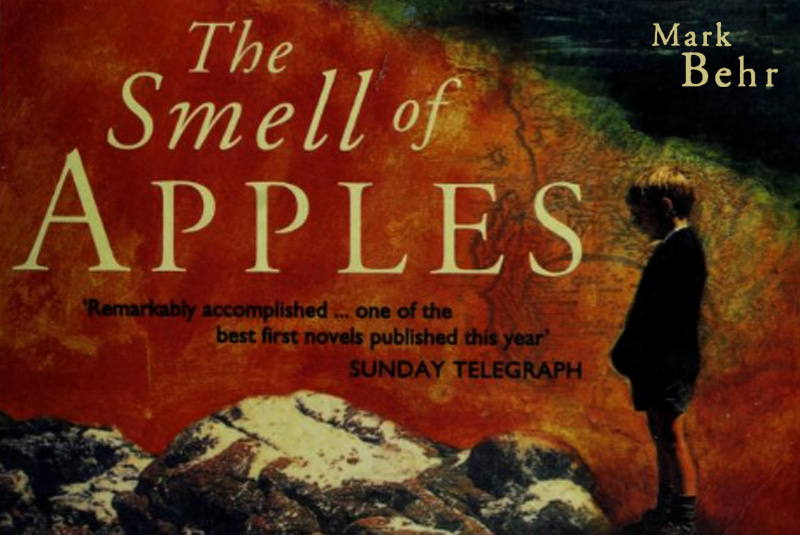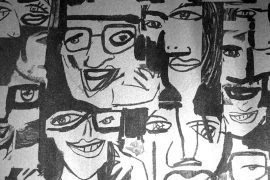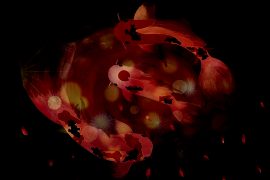The Smell of Apples was Mark Behr’s first novel — the original was first published in Afrikaans. This wasn’t all — in what may be simply described as an astonishing debut, Behr, who was a professor in English literature in Johannesburg, New Mexico, and Rhodes College, Memphis, US, brought to the fore a highly sculpted, richly detailed, ‘cascading’ story, juxtaposed by turmoil and apparent savagery.
The novel, set in the virulent nightfall, or twilight, of apartheid in South Africa, and published 25 years ago, is a surgical indictment of apartheid’s sham logic — a looming, understated time-bomb ticking away at its crux. Behr weaves a clear-cut pattern, be it human emotion, or the war in Angola. This makes his work all the more breath-taking; also subtly vertiginous.
The Smell… is the story of a contented, prosperous family, living amidst beautiful settings in Cape Province. The story is told by 11-year-old Marnus, a happy, secure, likeable and sensible kid. Marnus loves his mother, a former opera singer, and worships his father, who is the youngest major general in the South African army. The parents are kindly, sincere and educated folks, but they are the walking representatives of evil — or, proponents of white supremacy.
-30-
Copyright©Madras Courier, All Rights Reserved. You may share using our article tools. Please don't cut articles from madrascourier.com and redistribute by email, post to the web, mobile phone or social media.Please send in your feed back and comments to editor@madrascourier.com











